The Brexit Policy Fiasco
This volume attempts to examine the many possible causes of Brexit. The conceptual peg on which the volume hangs is that, irrespective of ones views on whether Britains exit from the EU was a good or a bad thing, Brexit can justifiably be seen as yet another example of a British policy fiasco. Put simply, the British political elite was not at its best.
The collective concern of this volume is twofold. First, it advances possible explanations of how the Brexit issue arose. Why was Britains membership of the EU thought to be so problematic for so many members of the British political elite and ultimately for a majority of voters? How did we get to June 2016 and the Brexit Referendum? Second, the volume examines how the issue was managed (or mismanaged) following the referendum result up until the Withdrawal Agreement in March 2019. The contributions to this volume explore these questions by looking at Brexit from different analytical angles. Some authors explore the long-term causes of Brexit by disentangling the fraught relationship between the UK and the EU, which had provided the Brexit train with steam; others explore the highly conflictual domestic political dynamics in the run-up to the referendum and in the negotiations of a Brexit deal.
The chapters in this book were originally published as a special issue of Journal of European Public Policy.
Jeremy Richardson is Emeritus Fellow at Nuffield College at the University of Oxford, UK, and an Adjunct Professor at the University of Canterbury, Christchurch, New Zealand. His most recent book is British Policy-making and The Need for a Post-BREXIT Policy Style, Palgrave, 2018. Previous titles include European Union. Power and policy-making, Fourth Edition, edited with Sonia Mazey, Routledge, and Constructing a Policy-Making State? Policy Dynamics in the EU (Ed.), 2012, Oxford University Press.
Berthold Rittberger is Professor of International Relations at the University of Munich, Germany. His research focuses on EU integration, political representation, and regulatory-policy-making.
Journal of European Public Policy Series
Series Editors
Jeremy Richardson is Emeritus Fellow at Nuffield College, Oxford University, UK, and an Adjunct Professor in the National Centre for Research on Europe, University of Canterbury, New Zealand.
Berthold Rittbergeris Professor and Chair of International Relations at the Geschwister-Scholl-Institute of Political Science at the University of Munich, Germany.
This series seeks to bring together some of the finest edited works on European Public Policy. Reprinting from Special Issues of the Journal of European Public Policy, the focus is on using a wide range of social sciences approaches, both qualitative and quantitative, to gain a comprehensive and definitive understanding of Public Policy in Europe
The Politics and Economics of Brexit
Edited by Simon Bulmer and Lucia Quaglia
Free Movement and Non-discrimination in an Unequal Union
Edited by Susanne K. Schmidt, Michael Blauberger and Dorte Sindbjerg Martinsen
The Political Economy of Pension Financialisation
Edited by Anke Hassel and Tobias Wi
The European Union Beyond the Polycrisis?
Integration and Politicization in an Age of Shifting Cleavages
Edited by Jonathan Zeitlin and Francesco Nicoli
Ideologies and the European Union
Edited by Carlo Invernizzi Accetti and Jonathan White
Strategic Responses to Domestic Contestation
The EU Between Politicisation and Depoliticisation
Edited by Edoardo Bressanelli, Christel Koop and Christine Reh
The Brexit Policy Fiasco
Edited by Jeremy Richardson and Berthold Rittberger
Domestic Contestation of the European Union
Edited by Sara B. Hobolt and Toni Rodon
For more information about this series, please visit: https://www.routledge.com/Journal-of-European-Public-Policy-Special-Issues-as-Books/book-series/JEPPSPIBS
First published 2021
by Routledge
2 Park Square, Milton Park, Abingdon, Oxon, OX14 4RN
and by Routledge
605 Third Avenue, New York, NY 10158
Routledge is an imprint of the Taylor & Francis Group, an informa business
2021 Taylor & Francis
Chapter 3 2019 Claire A. Dunlop, Scott James and Claudio M. Radaelli. Originally published as Open Access.
Chapter 5 2020 Darrin Baines, Sharron Brewer and Adrian Kay. Originally published as Open Access.
With the exception of , please see the chapters Open Access footnotes.
Trademark notice: Product or corporate names may be trademarks or registered trademarks, and are used only for identification and explanation without intent to infringe.
British Library Cataloguing-in-Publication Data
A catalogue record for this book is available from the British Library
ISBN13: 978-0-367-74890-6 (hbk)
ISBN13: 978-0-367-74894-4 (pbk)
ISBN13: 978-1-003-16010-6 (ebk)
Typeset in Myriad Pro
by codeMantra
Publishers Note
The publisher accepts responsibility for any inconsistencies that may have arisen during the conversion of this book from journal articles to book chapters, namely the inclusion of journal terminology.
Disclaimer
Every effort has been made to contact copyright holders for their permission to reprint material in this book. The publishers would be grateful to hear from any copyright holder who is not here acknowledged and will undertake to rectify any errors or omissions in future editions of this book.
Alexander Spencer

and Kai Oppermann

ABSTRACT
This article argues that the Leave narrative was successful in the 2016 referendum in part because it conformed to one of the well-established narrative genres of tragedy, comedy, satire and romance. These genres are story telling conventions that orientate audiences and guide the interpretation of the story being told. Specifically, the article shows that the Leave campaign constructed a largely consistent romantic narrative, while the Remain campaign mixed narrative genres. This difference in genre consistency contributed to the success of Leave and the failure of Remain in the referendum. The investigation into the role of genre consistency adds to theoretical scholarship on narrative dominance in political discourse which has so far focused on the narrator, the structure and content of the story or the audience. The analysis points to structural similarities between the romantic genre and populist narratives more generally which enables populism to tap into the power of romance.
It is well established that narratives are of upmost importance in politics and international relations (e.g., Krebs 2015; Miskimmon, OLoughlin and Roselle 2017; Spencer 2016). Not only are they critical for any form of community in which stories of the self in the past and future are the building blocks of national, regional or local identities, narratives are also a means of making sense of the social world around us. It is the struggle over narratives which is a defining feature of democratic politics where one encounters often dichotomous stories of government and opposition. This political struggle over narratives is about success and failure on two levels. Firstly, it involves the success and failure of certain narratives to gain discursive dominance. Secondly, in this struggle political actors try to achieve dominance by telling stories of success of the self and failure of the other.

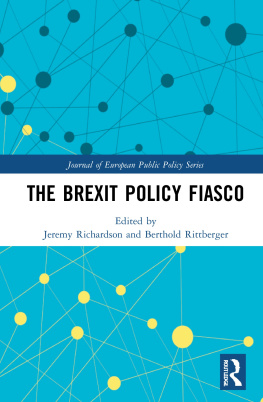


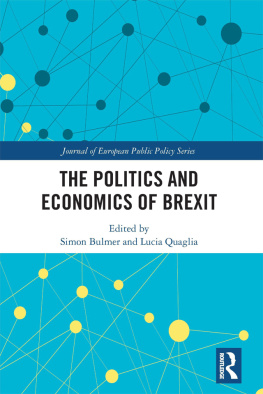
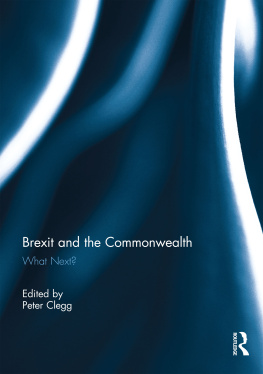
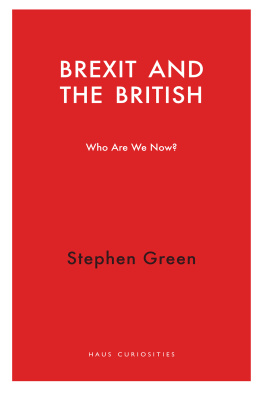
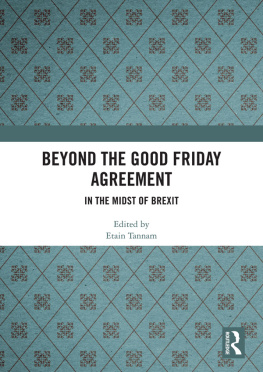
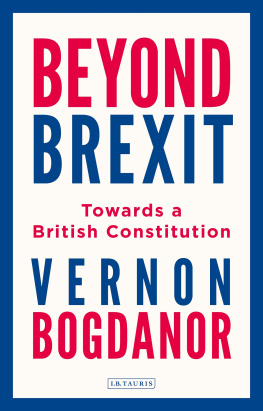
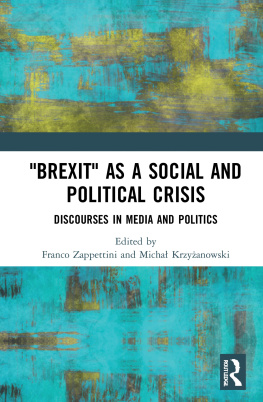
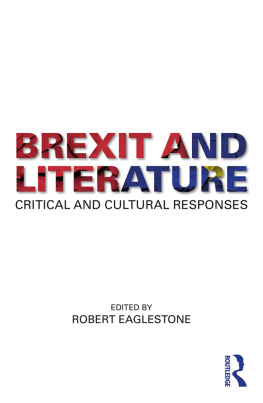


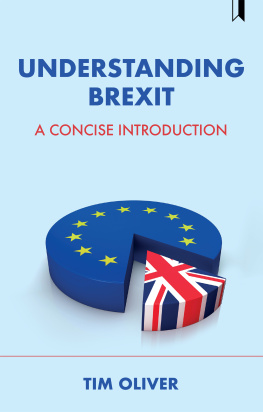
 and Kai Oppermann
and Kai Oppermann